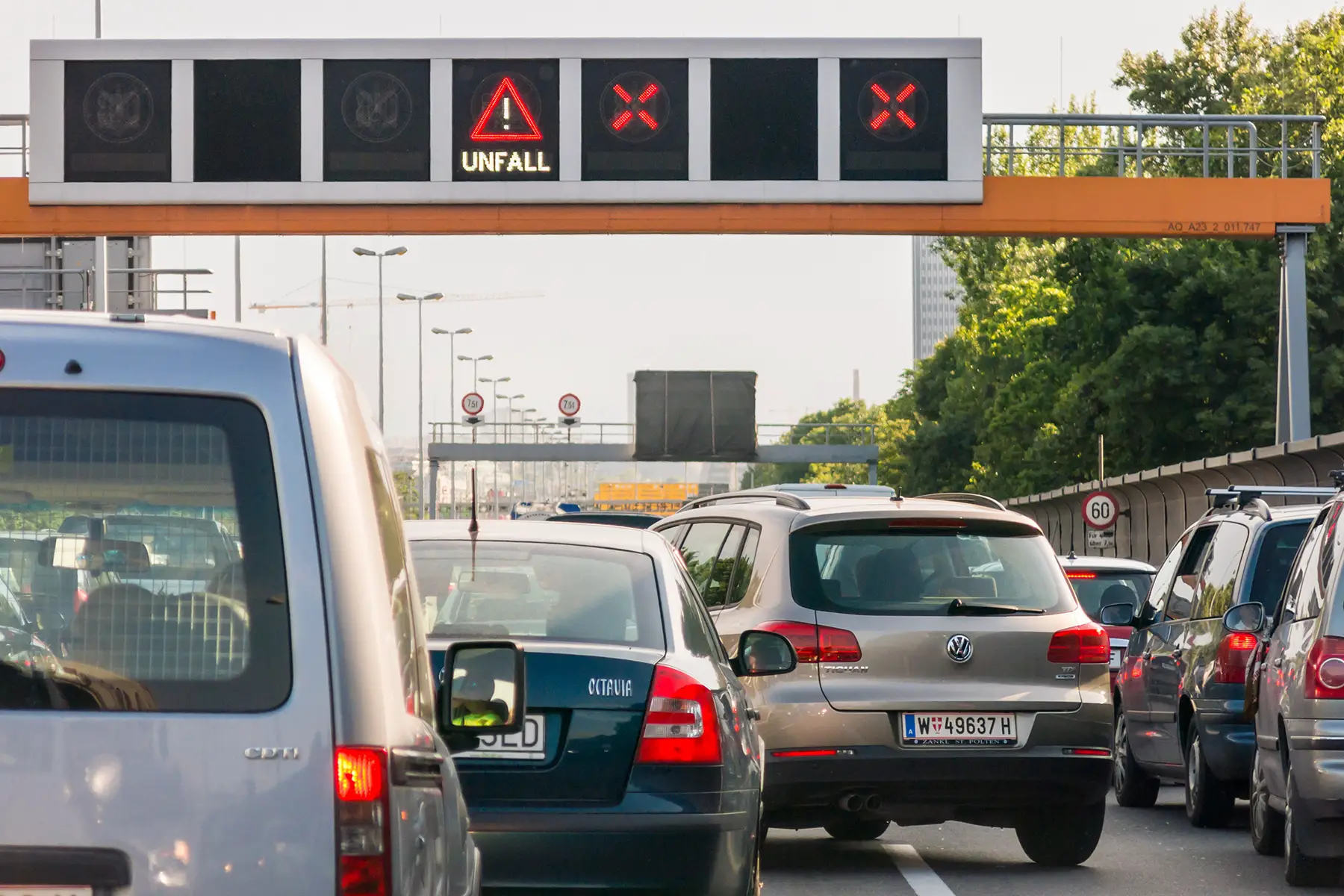Expats moving to Austria can look forward to scenic vistas, timely trains, and polite strangers. But before they get to enjoy that, they must first deal with language barriers, government appointments, and arranging health insurance; among other forms of coverage.
To help you arrange the latter, this helpful guide outlines the basics of insurance in Austria. This includes what forms are mandatory and optional, how to choose a provider, and more. The guide includes the following information:
Overview of insurance in Austria
Most people in Austria have various forms of insurance, ranging from personal liability to pet to life insurance. Generally, insurance in Austria is governed and licensed by the Financial Market Authority; therefore, it is reasonably priced and easy to access.

Health insurance is a priority for the Austrian government. In fact, it spent a significant 10.4% of its GDP on healthcare in 2017. And given that 99% of Austria’s population has health insurance coverage, the alpine country is certainly doing something right.
Which insurance is legally required in Austria?
When you move to Austria, it is important to know that there are a few forms of insurance you must have, as follows.
Health insurance
Everyone visiting or living in Austria must have health insurance (or Krankenkassen). Conveniently, for residents, employers handle the logistics when it comes to arranging this. This is because a portion of your paycheck (18.12% in 2020) goes towards your health insurance; meanwhile, your employer also contributes a certain amount (21.32% in 2020). Although you cannot choose your health insurance provider, you can choose policy additions, for example, homeopathy or physical therapy. The specifics of what is and isn’t covered, however, depend on the kind of policy you choose.
Unemployment insurance
Unemployment insurance (or Arbeitslosengeld) kicks in when you lose your job or become unemployed in Austria. Fortunately, provided you meet certain age requirements and have worked above a certain threshold – usually 52 weeks in the past two years – you should qualify for this. You can find details on how to apply for Arbeitslosengeld on this website. Generally speaking, you will usually receive 55% of your income, for 20 weeks. This amount could increase, however, depending on your particular situation. For more information, read our guide to social security in Austria.
Car insurance
If you plan to buy or own a car in Austria, you must have car insurance. Specifically, you will need third-party car insurance, or Kfz-Haftpflichtversicherung, which covers harm or damage caused to others in an accident. For more information about this, read our guide to getting car insurance in Austria.

Home insurance
If you buy a house in Austria, you will need to get standard homeowner’s insurance, or Eigenheimversicherung. This will cover you against things such as fire, burglary, and storm damage. The cost of homeowner’s insurance will depend on the size and location of your house. Fortunately, however, it isn’t generally too pricey. Conveniently, you can always add supplemental insurance to cover things like your pool or garden, or for damages caused by solar panels. For more specific information about home insurance, check out this site.
Optional forms of insurance in Austria
Aside from arranging the mandatory insurance in Austria, you might decide to get additional insurance to put your mind at ease. For instance, here are some options you might want to consider.
Home contents insurance
Home contents insurance, also called household insurance, covers damage to the contents of your house due to fire, burglary, storms, tap water leakage, and glass breakage. This can include damage to pieces of furniture, appliances, or other valuables. If you have a lot of valuable items, it might be wise to buy insurance to cover them from said damage.
Travel insurance
Travel insurance is useful because it provides not just trip cancellation and interruption, but also health insurance in other countries. Furthermore, travel insurance in Austria is especially important for non-EU students who must show proof of healthcare – usually from a travel insurance policy – in order to receive a study visa. Unfortunately, non-EU students do not immediately qualify for Austrian health insurance. Companies such as World Nomads offer simple and flexible travel insurance policies that you can buy at home or on the road; therefore, it’s worth looking into this.
Pet insurance
If you plan on bringing your furry family member to Austria, you’ll need to take care of a few things. Firstly, if you have a dog, you will need to register your dog with the local municipality. You will then have to decide what level of insurance your little buddy might need. For instance, do you just need the basic liability insurance? Or would you like pet health insurance? You can even sign up for legal protection insurance in case your pet gets you into legal trouble.

Personal liability insurance
Personal liability insurance provides coverage if you or your dependents cause injury to other people or damage to other people’s property. For example, imagine spilling red wine on your neighbor’s expensive white rug. You would be financially responsible for the cleaning or replacement of it but personal liability insurance would cover that. Conveniently, this type of insurance is often folded into homeowners or car insurance.
Commercial insurance in Austria
If you’re looking to start a business in Austria, be sure to hire professionals to make sure you are correctly insured. Here are a few must-haves to keep in mind.
Public third-party liability insurance
This kind of insurance will protect you from liability for loss or damage to a third-party caused by your business activities. Notably, these losses and damages can include personal injury, damage to property, or ensuing financial losses. You, as the owner, would be covered, as well as your staff members.
Employee social insurance
Every employee must be registered for public health insurance, as well as accident and retirement insurance. Fortunately, this process is smooth and usually arranged electronically.
How to choose an insurance provider in Austria
In an ideal world, we would all read through our insurance contracts with a fine-tooth comb. If you’re a mere mortal with a day job, however, there are some important questions you should ask yourself while selecting an insurance policy. For instance, here are some things to consider:
- What is included in the policy and what is not included?
- Is there a deductible amount that you must pay before the insurance company will begin paying?
- How simple is the claims process? Is there 24-hour customer service? And how quickly are claims processed?
- Can you access services – especially customer service – in English or in your native language?
- Are there term contracts for the policy? And are there penalties for early termination?
- How do the company’s practices fare in terms of sustainability, ethics, and corporate social responsibility? And, if this is important to you, check if the company has a listing on FTSE4Good Index Series or on VÖNIX; this tracks leaders in sustainable practices.
Tools for comparing Austrian insurance
If you’re looking to compare insurance for your car, home, and the like, using an online insurance aggregator can help. In this case, Uniqa or Durchblicker are good places to start. By comparing various elements of different insurance policies, you can find the right one for you.
How to complain about an insurance company in Austria
If you have a problem with your insurance company, your first step should be to bring it up with the company itself. Overall, each company has its own procedures for handling complaints, and you should follow these. However, if you cannot reach a resolution that way, you can turn to the Financial Market Authority, which regulates insurance companies. Keep in mind that response times will vary depending on the nature of your complaint.





